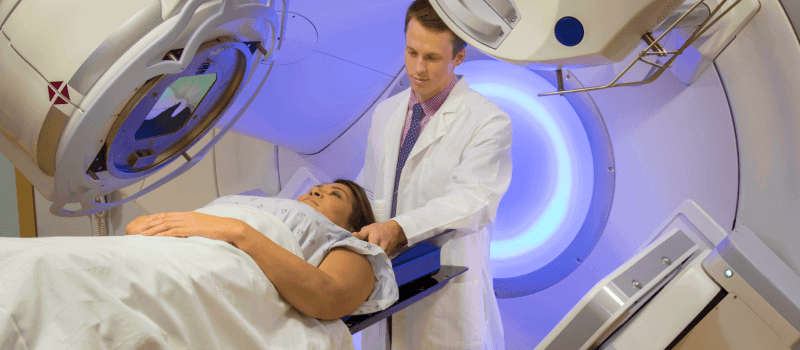
In the vast landscape of medical specialties, two fields that often cause confusion among the general public are radiation oncology and radiology. While both involve the use of medical imaging techniques, they serve distinct purposes in the realm of healthcare. We will explore the fundamental differences between radiation oncology and radiology, shedding light on their unique roles in patient care.
Radiology is a branch of medicine that specializes in diagnosing and treating diseases through the use of medical imaging techniques. Radiologists are medical doctors who interpret and analyze various imaging modalities, such as X-rays, CT scans, MRIs, ultrasounds, and nuclear medicine scans. Their primary focus is on identifying abnormalities, diseases, or injuries in the body by studying images produced through these advanced technologies.
Diagnostic Imaging: Radiologists primarily engage in diagnostic imaging to visualize the internal structures of the body. They play a crucial role in helping other healthcare professionals make accurate diagnoses.
Range of Modalities: Radiologists are proficient in interpreting a wide range of imaging modalities, each serving a specific purpose in detecting different types of conditions.
Non-invasive Procedures: Radiology procedures are generally non-invasive, meaning they do not require surgery or other invasive methods. These techniques provide valuable insights into the body's anatomy and function without the need for surgery.
Radiation oncology, on the other hand, is a medical specialty that focuses on the therapeutic use of radiation to treat cancer and certain benign conditions. Radiation oncologists are physicians who specialize in designing and administering radiation therapy to target and destroy cancer cells while minimizing damage to surrounding healthy tissues.
Cancer Treatment: The primary goal of radiation oncology is to treat cancer. Radiation therapy can be used as a standalone treatment or in conjunction with surgery, chemotherapy, or immunotherapy, depending on the specific case.
Precision Medicine: Radiation oncologists carefully plan and deliver radiation doses with precision, tailoring the treatment to the unique characteristics of each patient's cancer. Modern technology allows for highly targeted radiation therapy, minimizing side effects.
Collaboration with Multidisciplinary Teams: Radiation oncologists work closely with other healthcare professionals, including surgeons, medical oncologists, and radiologists, to develop comprehensive treatment plans for cancer patients.
In conclusion, while radiology and radiation oncology share a foundation in utilizing radiation for medical purposes, they serve distinct roles within the healthcare spectrum. Radiology, led by proficient radiologists, focuses on diagnostic imaging to identify and understand diseases, while radiation oncology employs radiation therapy to treat cancer and certain non-cancerous conditions. Both specialties play crucial roles in improving patient outcomes, emphasizing the importance of a multidisciplinary approach in modern healthcare. If you are seeking expert diagnostic imaging from a skilled radiologist in Bangalore, consider exploring the services offered by Cancer Therapy India, where dedicated professionals work towards providing comprehensive and personalized care for patients in need.